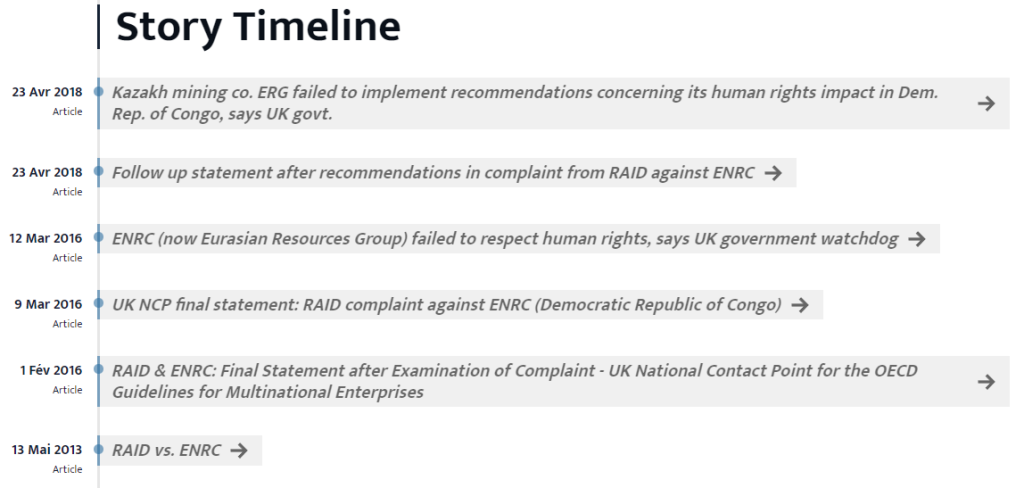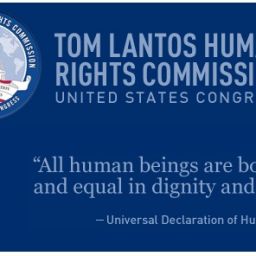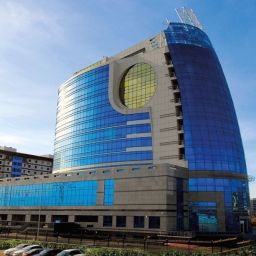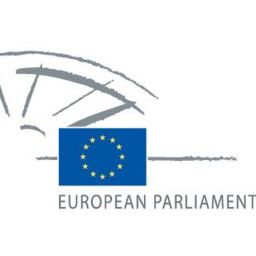The UK government has sent a clear message to investors in high risk environments, like the Congo, that they cannot evade their human rights responsibilities.
In a blow to efforts to rebuild its reputation after an ignominious exit from the London Stock Exchange, the Eurasian Resources Group (ERG, formerly ENRC) has been publicly criticised by the UK Government for failing to address human rights impacts at mine sites under the control of its subsidiaries in the Democratic Republic of the Congo (DRC). ENRC had tried – but ultimately failed – to get the adverse findings overturned. Human rights organisations, Rights and Accountability in Development (RAID) and its Congolese partner,Action contre l’impunité pour les droits humains (ACIDH) had filed a complaint against ENRC almost three years ago. The complaint was examined by officials at the UK’s National Contact Point (NCP) for the OECD Guidelines for Multinational Enterprises, in the Department for Business, Innovation and Skills, who concluded:
- ‘ENRC has not engaged effectively with two stakeholder communities on the concessions, and has not taken adequate steps to address impacts on the communities’.
- ‘ENRC has not met the obligation to address human rights impacts with which it is involved’.
- ‘One of the impacts that is not adequately addressed is a threat to the security of community access to safe drinking water. The right to safe water is a human right’.
According to the findings, ENRC – though not directly responsible – had been aware of the contamination of water sources at two mine sites in southern DRC controlled by its subsidiaries, Comide and Africo Resources Limited (a Canadian company). Several thousand people living in the remote villages of Lenge and Kisankala, which lie on neighbouring mine sites, were effectively denied access to clean water. ENRC was also aware from its due diligence report that ‘the population in the vicinity of the Comide and Africo licences is largely poverty stricken’.

Original source of article: https: https://www.business-humanrights.org/





